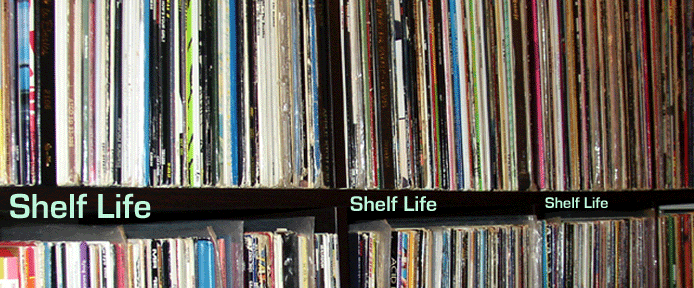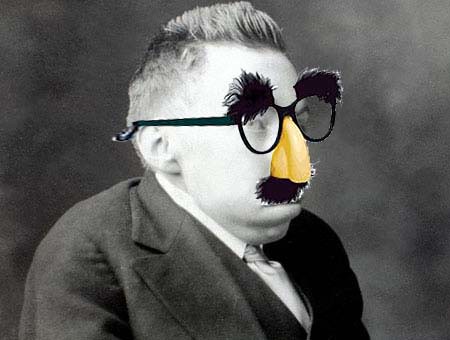After the Gold Rush was the album on which Young truly came into his own as a solo artist. While Everybody Knows This Is Nowhere is every bit as good in its own way, much of the credit has to go to Crazy Horse; it's a band album. Gold Rush is a solo album. Which is not to say that Young plays everything. But instead of a single backing band, here he utilises a variety of sidemen (including all three members of the Horse) in different combinations throughout the album. And it still sounds like the vision of a single artist.
The songwriting shows similar growth and confidence. Whereas the variety of styles employed on his debut make him sound inconsistent and uncertain, here he moves effortlessly from all-out rockers to trad-folk country to tender balladry and still manages to produce a cohesive work.
Young was in peak form here; his work from this period is so consistently strong that while these albums tend to weigh heavily in compilations, there are still plenty of strong tracks left out that could just as easily have made it. Gold Rush places three on Decade and Greatest Hits. The title track and "Southern Man" are obviously indispensable, but "I Believe In You", while excellent, could easily have been replaced by a half-dozen others. Greatest Hits contains "Only Love Can Break Your Heart" in its stead, a song made more famous in the early 90s by St. Etienne's terrific dance-pop cover version.
"Tell Me Why" opens the album by immediately announcing that this will not be Everybody Knows, Pt. II, a habit Young would continue throughout his career when following a particularly successful album. Surprisingly, it's Young's first solo acoustic track on a studio album, though he had already been playing full acoustic sets during his tours with Crazy Horse. It also reveals a lesser-known secret about Young as a musician: he's actually a highly skilled guitarist. Though known for his primitive electric soloing, that style is an affectation. On acoustic, he always lets his technique shine through. Both this track and "Don't Let It Bring You Down" display a rapidly developing melodic sense, as well as a distinctive lyrical style combining vivid imagery with more abstract musings on self-doubt and aging (the latter being a dominant theme in Young's lyrics from day one).
Young also shows growing confidence as a band leader, particularly on "When You Dance", a driving rocker that continues to make set lists on Crazy Horse tours. While the song starts out with a fairly conventional structure, by the end Young lets the band really cut loose, particularly the piano player. Still, as wild as they get (start the song over just after it ends and check out how much the tempo speeds up during the performance), Young is always in control. I think it's Nils Lofgren on piano, by the way, but that's just a guess. Also, the album credits both Crazy Horse's Billy Talbott and CSNY's Greg Reeves with bass; this is clearly a Crazy Horse-style track, but I think that might be Reeves on bass.
Incidentally, I've also posted the Flaming Lips' rendition of the album's title track, just because I think it's awesome and I love the Lips. They re-vamp it entirely and make it their own but, despite skipping the first verse, still manage to stay true to the original's mix of exhaustion and hope. It's from a surprisingly strong Neil Young tribute album called The Bridge. I might post a few other tracks from it as the weeks roll on. No promises.
From my deck to you: Neil Young - "Tell Me Why", "Don't Let It Bring You Down" and "When You Dance, I Can Really Love"
Bonus (not from vinyl): The Flaming Lips - "After the Gold Rush"


No comments:
Post a Comment